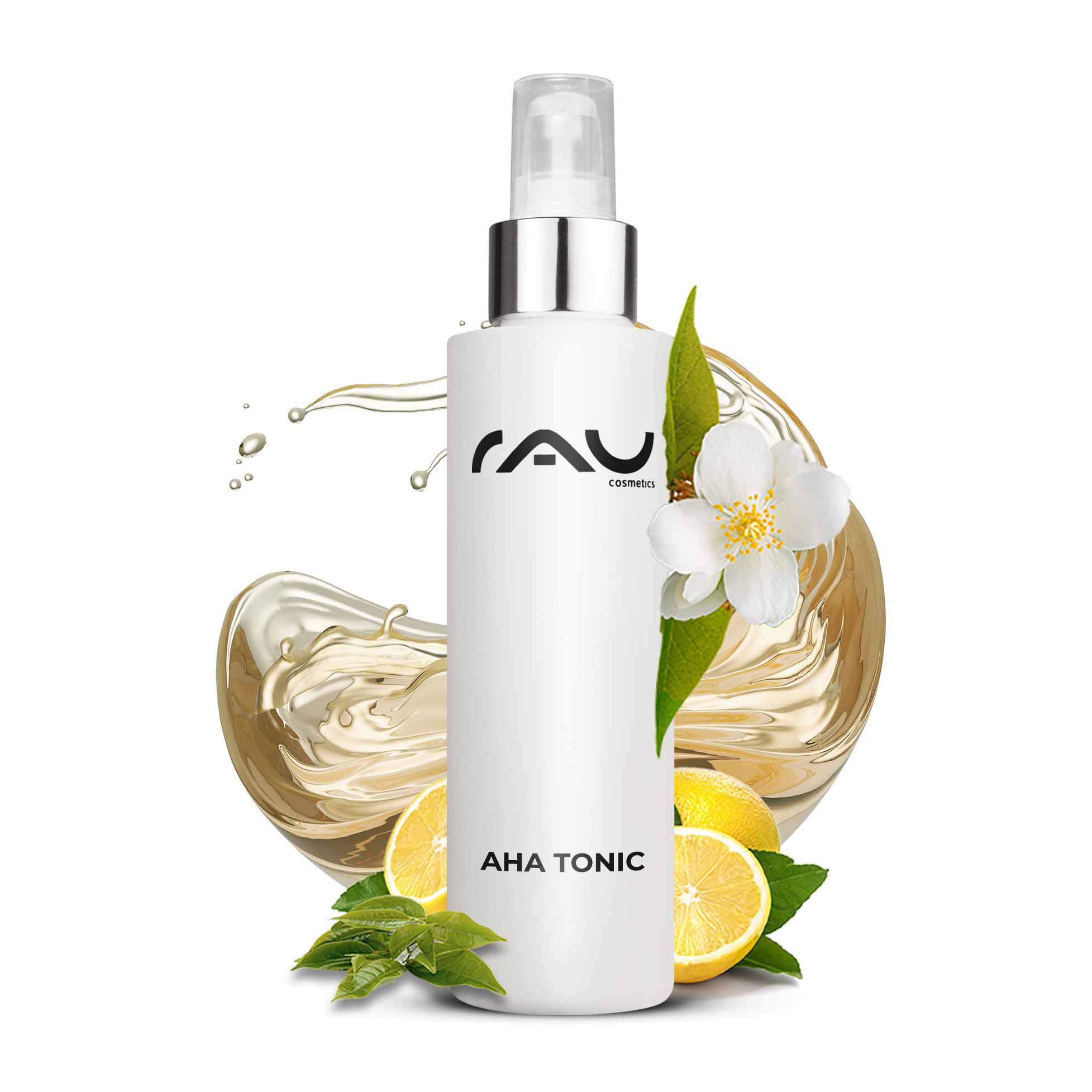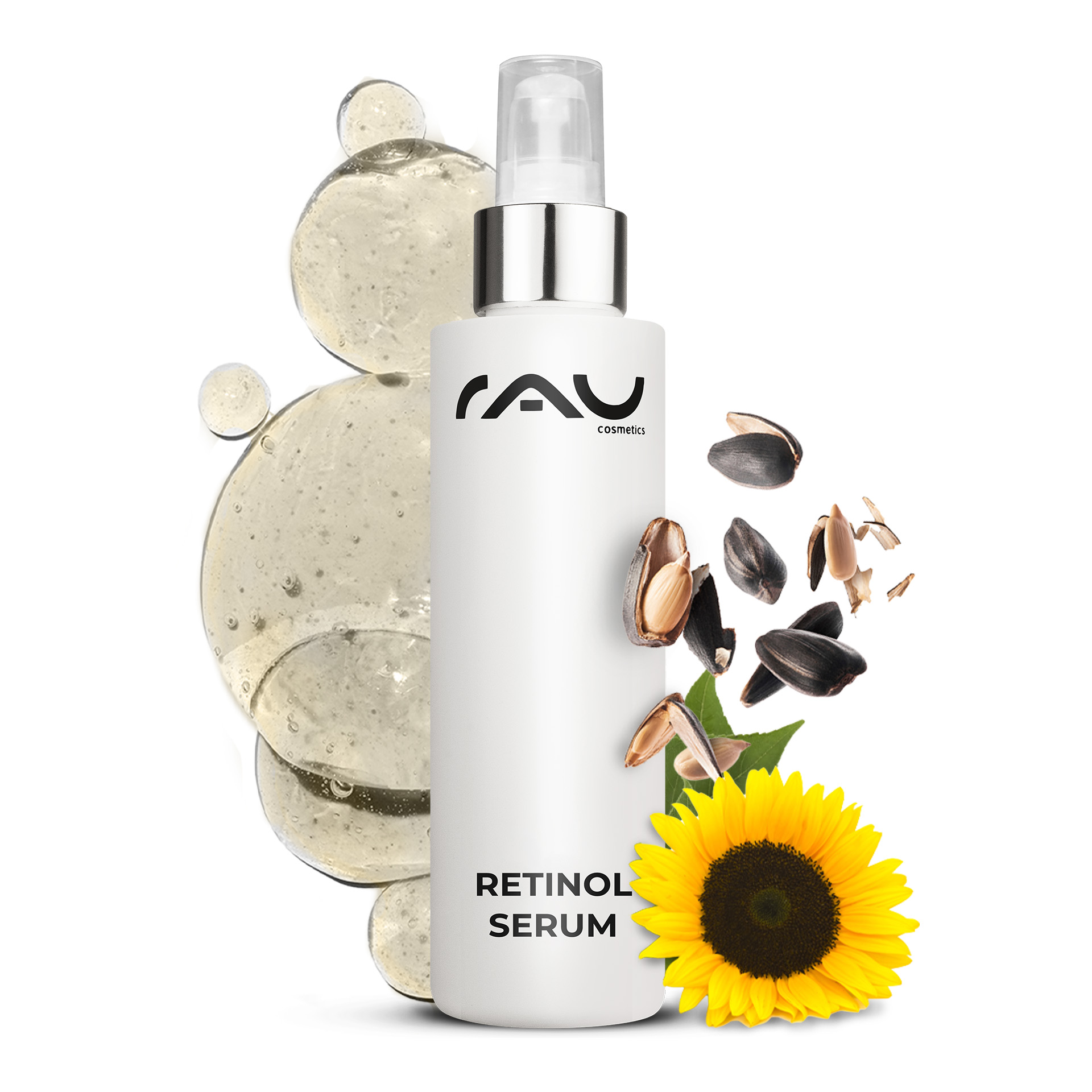Retinol: The Star Ingredient in Skincare
What is Retinol? Retinol belongs to the retinoid group and is a derivative of Vitamin A. It is one of the most potent and active forms of Vitamin A. The body cannot produce this vitamin on its own, so it must be supplied externally. Vitamin A is found in animal-based products, while its precursor, Provitamin A, can be sourced from plant-based foods. Provitamin A is converted to retinol in the body, but this process slows with age.
How is Retinol Made?
Retinol is a synthetic ingredient available in various concentrations. It is produced using a compound known as C15-salt.
How Does Retinol Work in Skincare?
Retinol is often considered a miracle product in the beauty world. Initially, it was primarily used to treat acne and blemishes. Over time, studies have shown that Retinol offers much more—it effectively stimulates collagen production. Collagen acts as a framework that keeps skin firm. As collagen production declines with age, skin becomes less firm and wrinkles form. Retinol can help fill these wrinkles by boosting collagen synthesis. It also protects against premature skin aging caused by UV radiation. With consistent use, Retinol can prevent UV damage, dryness, and hyperpigmentation. Additionally, it supports skin regeneration.
When Should You Use Retinol? Why Only at Night?
Depending on the product, Retinol can make your skin more sensitive to light. Additionally, its efficacy diminishes when exposed to sunlight. For these reasons, Retinol is best applied in the evening.
Are There Side Effects?
When used correctly, Retinol products generally do not cause significant side effects. However, your skin might initially become flaky, irritated, or dry. We recommend using the product every other day at first. If irritation persists, switch to a lower Retinol concentration.
Retinol During Pregnancy and Breastfeeding
Retinol should not be used during pregnancy or while breastfeeding.
Are There Alternatives to Retinol?
A plant-based alternative for sensitive skin: Bakuchiol! This incredible ingredient offers similar benefits to Retinol and serves as a great substitute.
Do You Have Questions About Using Retinol in Your Skincare Routine?
Contact us for free skincare advice!




